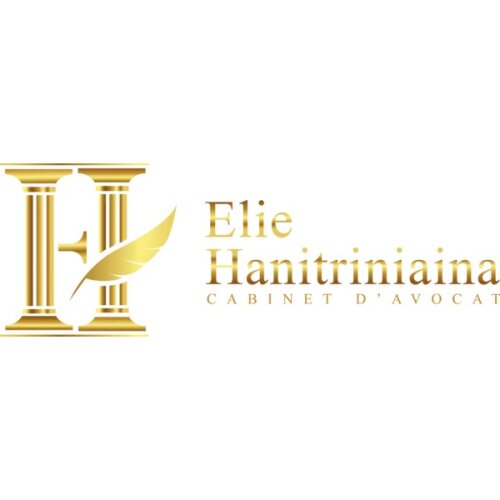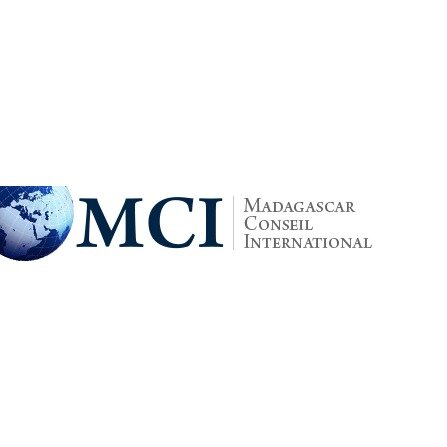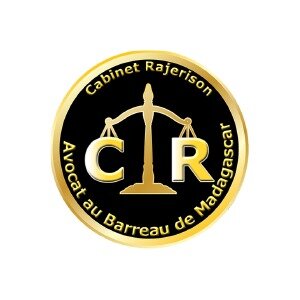Best Renewable & Alternative Energy Lawyers in Antananarivo
Share your needs with us, get contacted by law firms.
Free. Takes 2 min.
List of the best lawyers in Antananarivo, Madagascar
About Renewable & Alternative Energy Law in Antananarivo, Madagascar
Antananarivo, the capital of Madagascar, is a central hub for the country’s advancement in renewable and alternative energy. With growing urbanization and energy demands, Madagascar has recognized the importance of moving away from dependency on fossil fuels. As a result, the national and local governments have established laws and regulations to promote the use of renewable sources such as solar, wind, hydropower, and biomass. These legal frameworks aim to encourage investment, regulate safety and quality standards, protect the environment, and ensure equitable access to energy for the city’s rapidly growing population.
Why You May Need a Lawyer
Individuals, businesses, and investors may encounter a variety of legal situations where professional legal assistance becomes crucial in the field of renewable and alternative energy. Some common scenarios include:
- Understanding complex licensing and permit requirements for energy projects
- Negotiating contracts with suppliers, government agencies, or landowners
- Complying with environmental and safety regulations
- Addressing land use or property disputes involving energy installations
- Pursuing investment incentives, grants, or tax credits from the government
- Resolving disputes related to project financing
- Protection of intellectual property for new energy technologies
- Interacting with local authorities or navigating bureaucratic processes
- Ensuring compliance with international standards and agreements
- Participating in public-private partnerships or community energy projects
Legal counsel can help you avoid costly mistakes, maintain compliance, and achieve your energy project goals in a complex regulatory environment.
Local Laws Overview
The legal framework for renewable and alternative energy in Antananarivo is shaped by both national and local regulations. Some key aspects include:
- Energy Policy and Strategy: The Malagasy government has adopted a national energy policy focused on increasing the share of renewables in the energy mix and improving energy access across urban and rural areas.
- Investment Incentives: There are laws and incentives to attract private investment in renewables, such as tax relief, customs duty exemptions, and public-private partnerships.
- Licensing and Permitting: Any party wishing to develop, produce, or distribute renewable energy must obtain the proper licenses and permits from governmental agencies like the Office de Régulation de l’Électricité (ORE).
- Environmental and Land Use Regulations: Renewable energy projects must comply with environmental impact assessment requirements and obtain land use approvals, especially in or near protected areas.
- Electricity Code: The Madagascar Electricity Act and related decrees provide the regulatory basis for the generation, distribution, and sale of electricity, including from renewable sources.
- Local Authority Involvement: Municipalities like Antananarivo may have their own additional regulations concerning energy infrastructure, urban planning, and local taxation.
Keeping up to date with these evolving laws is vital, as regulatory changes can impact the feasibility and legality of renewable energy projects.
Frequently Asked Questions
What types of renewable energy are most common in Antananarivo?
The most common renewable energy sources in Antananarivo are solar power, small-scale hydroelectricity, and increasingly, biomass energy. The government encourages further development of these and other sources such as wind energy.
Do I need a license to install a solar system for my business or home?
Yes, a license or specific authorization is generally required, especially for systems above a certain capacity or for those intending to sell electricity to the grid. Smaller off-grid systems for personal use may have simplified procedures but should still comply with safety standards.
What government body regulates renewable energy in Antananarivo?
The primary regulatory body is the Office de Régulation de l’Électricité (ORE), which oversees licensing, regulation, and market development for electricity, including renewables.
Are there financial incentives for investing in renewable energy?
Yes, Madagascar offers several incentives including tax reductions, customs duty exemptions, and occasionally grants or concessional financing for qualifying projects.
What is the process for obtaining permits for renewable energy projects?
The process typically involves submitting an application to ORE, environmental impact assessments, securing land rights, and receiving final authorization from various governmental departments. A local lawyer can help guide you through each step and ensure all requirements are met.
How are land rights handled for renewable energy installations?
Land rights can be complex, especially when community or public land is involved. Legal professionals help secure the correct leases or purchase agreements in compliance with Malagasy land laws and to avoid disputes.
Can foreign investors participate in renewable energy projects?
Yes, foreign investors are encouraged to participate, and the government has structures in place to facilitate foreign direct investment in the sector, provided all legal and regulatory criteria are satisfied.
Is it necessary to conduct an environmental impact assessment?
For most renewable energy projects, particularly those with significant environmental or social impacts, an environmental impact assessment is legally required before permits are granted.
How are disputes in energy projects resolved?
Disputes may be resolved through negotiation, mediation, or through the Malagasy courts. In some contracts, arbitration may also be specified as the mechanism for resolving disputes.
What role do local communities play in renewable energy projects?
Community consultation and involvement are increasingly important, especially for projects on communal land. Participatory approaches help ensure social acceptance and reduce the risk of disputes.
Additional Resources
If you are involved in renewable and alternative energy projects in Antananarivo, the following organizations and bodies may offer valuable guidance, support, or information:
- Office de Régulation de l’Électricité (ORE)
- Ministry of Energy and Hydrocarbons (Ministère de l’Energie et des Hydrocarbures)
- Agence de Développement de l’Électrification Rurale (ADER)
- Chamber of Commerce and Industry of Antananarivo
- Environmental NGOs active in Madagascar such as WWF and Alliance Voahary Gasy
- Local and international law firms specializing in energy and infrastructure
- Academic institutions with research on energy and environment
Next Steps
If you require legal advice or are considering a renewable energy project in Antananarivo, here are steps you can take:
- Identify the specific nature of your legal need, such as licensing, investment, environmental compliance, or contracts.
- Consult local resources and regulatory bodies for preliminary information.
- Contact a lawyer with experience in renewable and alternative energy law in Madagascar to discuss your plans or challenges.
- Prepare all relevant documentation, including project plans, land titles, business registrations, and financial statements, for legal review.
- Work with your legal advisor to ensure compliance with all regulatory requirements and to represent your interests in negotiations or any government interactions.
Early and professional legal guidance helps secure your investment, ensures compliance, and supports the long-term success of your renewable energy initiatives in Antananarivo.
Lawzana helps you find the best lawyers and law firms in Antananarivo through a curated and pre-screened list of qualified legal professionals. Our platform offers rankings and detailed profiles of attorneys and law firms, allowing you to compare based on practice areas, including Renewable & Alternative Energy, experience, and client feedback.
Each profile includes a description of the firm's areas of practice, client reviews, team members and partners, year of establishment, spoken languages, office locations, contact information, social media presence, and any published articles or resources. Most firms on our platform speak English and are experienced in both local and international legal matters.
Get a quote from top-rated law firms in Antananarivo, Madagascar — quickly, securely, and without unnecessary hassle.
Disclaimer:
The information provided on this page is for general informational purposes only and does not constitute legal advice. While we strive to ensure the accuracy and relevance of the content, legal information may change over time, and interpretations of the law can vary. You should always consult with a qualified legal professional for advice specific to your situation.
We disclaim all liability for actions taken or not taken based on the content of this page. If you believe any information is incorrect or outdated, please contact us, and we will review and update it where appropriate.














